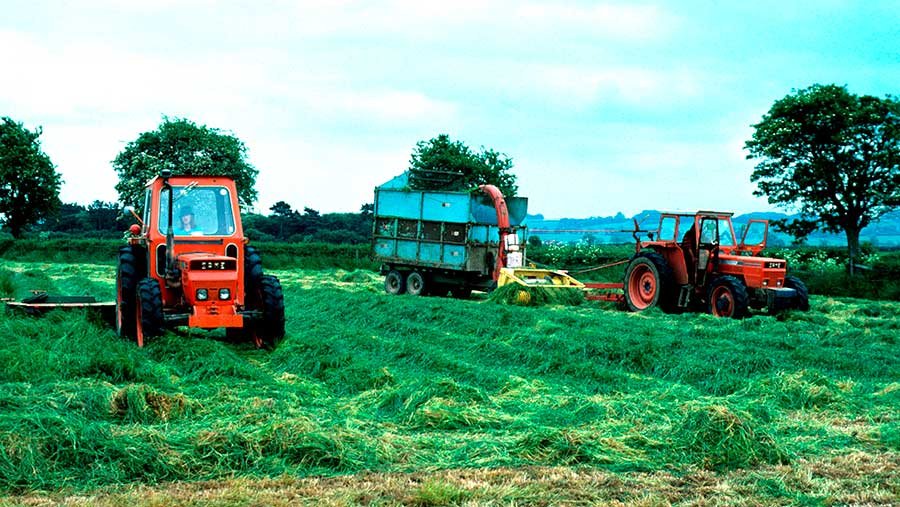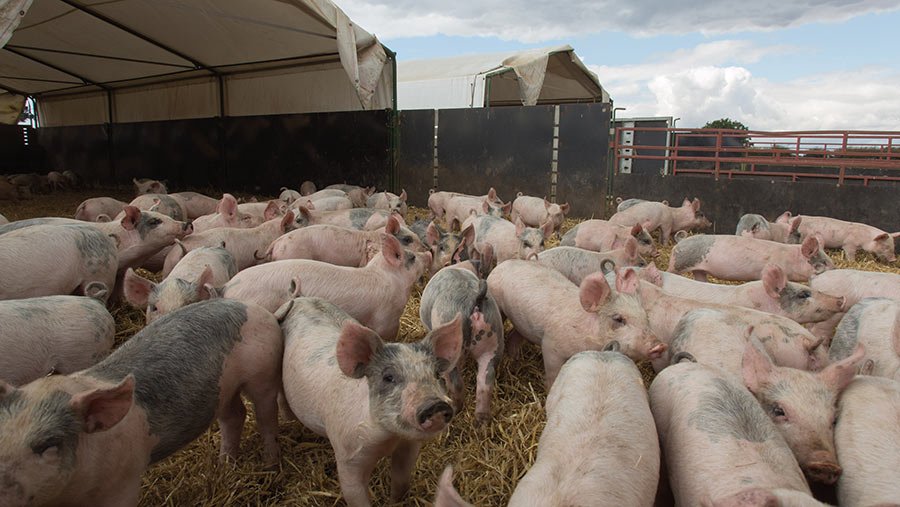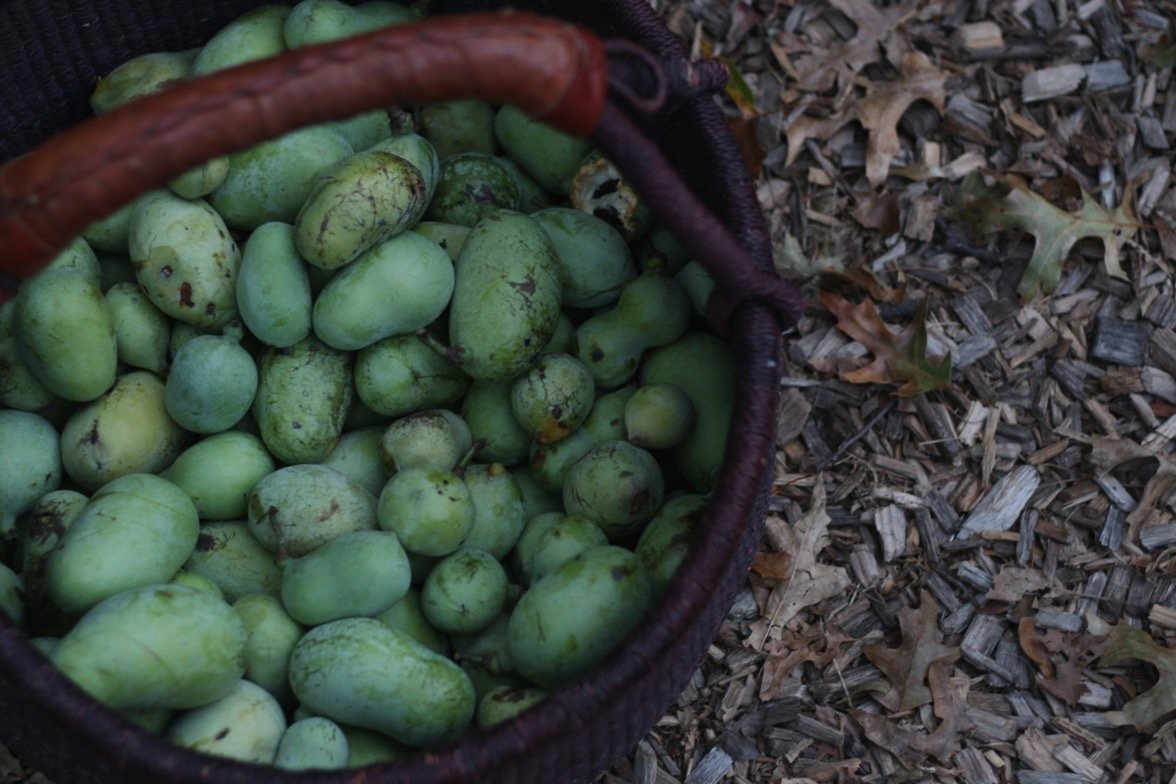Iowa representative Art Staed introduced new legislation this week that would put an immediate moratorium on any new builds of factory farms, halt expansions of current farms and punish operators more forcefully for environmental violations.
The bill regards Concentrated Animal Feeding Operations, or CAFOs. It prohibits new construction or expansion of existing CAFOs and includes options to expand the legislation in the future. In a survey from the Johns Hopkins Center for a Livable Future, 63 percent of Iowans supported a moratorium on CAFOs.
“I will not see our state sacrificed so corporations can make a quick buck,” said Staed, a Democrat, in a statement. “My colleagues in the state legislature need to stand up to Big Ag, and hold these corporate players accountable for their environmental degradation. It’s time for a moratorium on factory farms in Iowa.”
The Iowa chapter of Food & Water Watch put the number of factory farms across Iowa at more than 10,000, with an additional 300 to 500 new facilities built each year. It also links the expansion of these farms to water pollution in the state. American Rivers, a national river conservation group, has listed the Raccoon River as one of the country’s most endangered. The group notes that the Raccoon River provides drinking water to many citizens in Des Moines and is polluted by manure and waste run-off from more than 750 factory farms.
[RELATED: Climate Change Is Intensifying the Effects of Fertilizer Runoff]
Staed went on to say that the bill will also confront the “water quality crisis” across the state, by upping fines for producers that breach environmental limits. Now, a violation of the water quality regulation comes with a fine of up to $5,000.
This aspect of the bill is especially popular with local groups such as the Iowa Alliance for Responsible Agriculture (IARA). “Factory farms are expanding unchecked in Iowa, and with it our water pollution is reaching crisis levels,” said John Aspray, chairman of IARA. Aspray said the bill will ensure that “companies from JBS to Tyson, whose profit-hoarding creates this pollution, can be held responsible for its clean-up.” Last month, the IARA held a lobby day in the state capitol, advocating for the end to factory farms.
It remains to be seen how much support the bill will get in the Republican-led legislature. Similar attempts have failed in previous years, but Staed remains hopeful that the bill will reach a subcommittee later this year.












